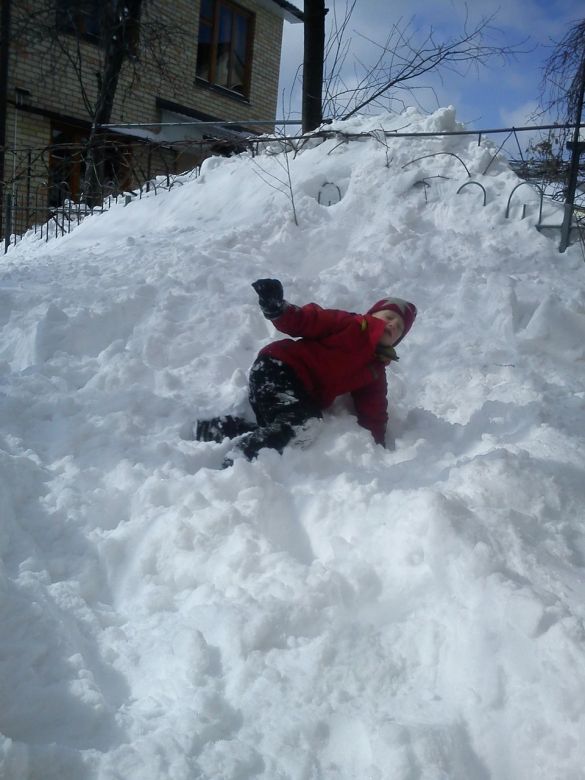
Eventually we all grow out of bed-wetting, and then eventually we start growing into it again…
I think that most of us have a picture of ourselves. It is a physical picture or a digital one or one whose existence is merely in our heads. Most likely it is the latter that is most common. A picture of ourselves looking our very best, feeling good. I don’t know how your picture looks. But mine is exactly eight years old. I know that person in the picture. We get together now and again. But recently he seems to be busy elsewhere. Where did you go, my friend?
My guess is that he is sleeping. Because I haven’t slept a whole night in 8 years. (Wha wha, say all of the insomniacs out there, I’ve never slept, they say. Okay fine, you win…) This fact doesn’t really bother me much. Not really. There must be scientific research that proves that if you are chronically, ever so slightly, sleep deprived that you get used to it. You might die younger, you might lack creative thinking. But you don’t suffer, at least not emotionally and not on a daily basis. Not like those that stay up too late one night, then are hungover and it takes a week to recover. (That happens to me too, except I don’t recover, at least not yet anyway. Plus I don’t think there is anything else worse than being hungover and have three kids under the age of 9. I have another picture of myself. New Year’s morning, 2007. Uppsala, 6:45. RAT playing on the floor in our friends’ kitchen. Everyone else asleep. My head in my hands. Or New Year’s morning 2012. Water gushing into the apartment from the hallway. Me thinking, “Geeze, did we spill so much last night?” No, it was a broken pipe…)

Perhaps it doesn’t look this bad after a particular wetting, but sometimes it feels close. Image courtesy of ithinkx’s
What I am talking about is gray hairs. Crows feet. Blue bags. That picture I was talking about earlier, he doesn’t have those things. I do. (Wha wha, someone else says, you are a white, middle-class male living as a diplomat, what are you complaining about. Okay fine, you win, again…) What got me started here actually doesn’t have anything to do with sleep. It has to do with pee. And the perfect storm. All three, awake, and self-wet. In my bed, in their beds, in the mattresses and cots we have spread out throughout our house.
That is what I have a problem with. Not being awake as such, but rather being awake and being damp, but not self-wet. That picture I was talking about earlier, of that young man, he didn’t even know what he was getting himself into. Good thing, because otherwise nothing would ever be done in this world. And honestly, I don’t miss that guy all that much. I’m much happier today with my non-self-wet bed, even if I am a tired.

![]() All rights reserved by anagrudnyi Check out his photostream, including amazing Ukrainian Revolution photos, on his Flickr.
All rights reserved by anagrudnyi Check out his photostream, including amazing Ukrainian Revolution photos, on his Flickr.





